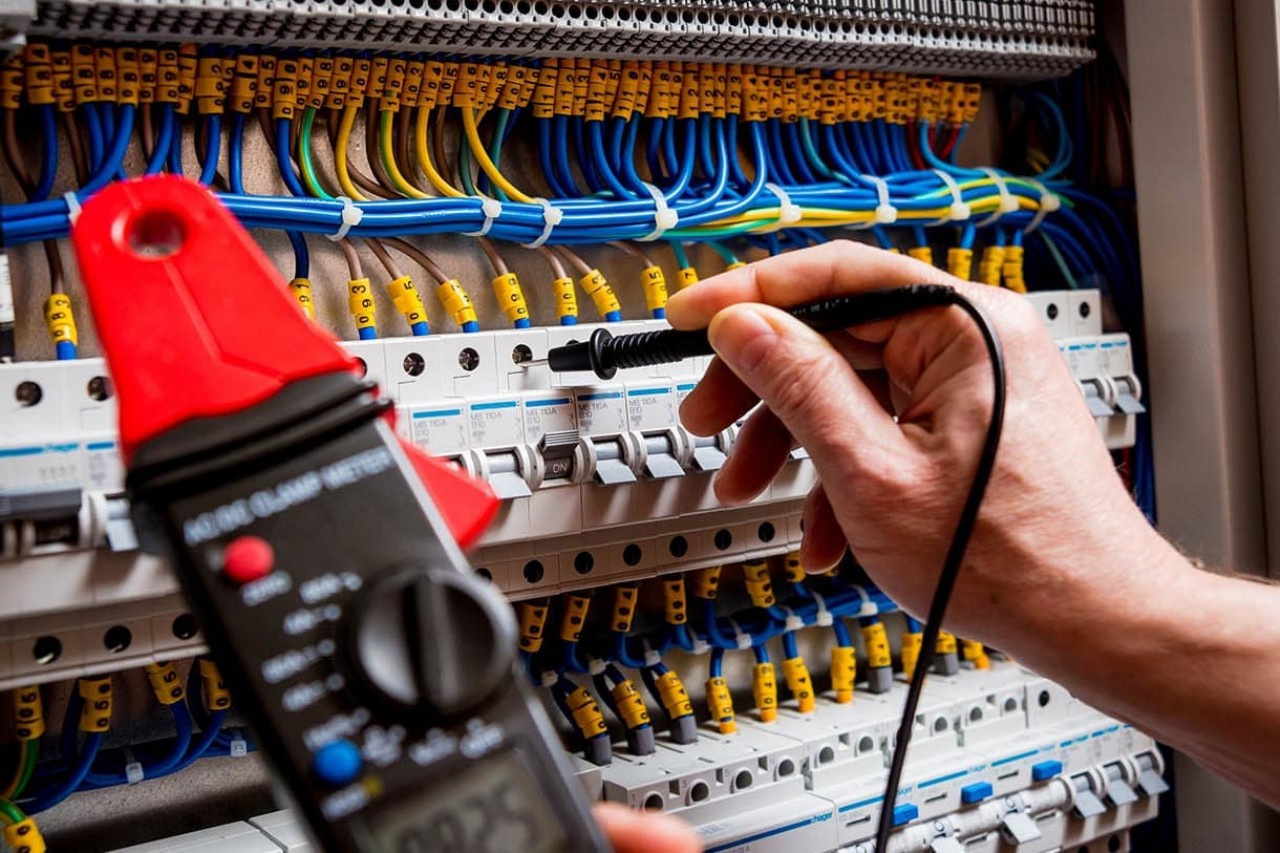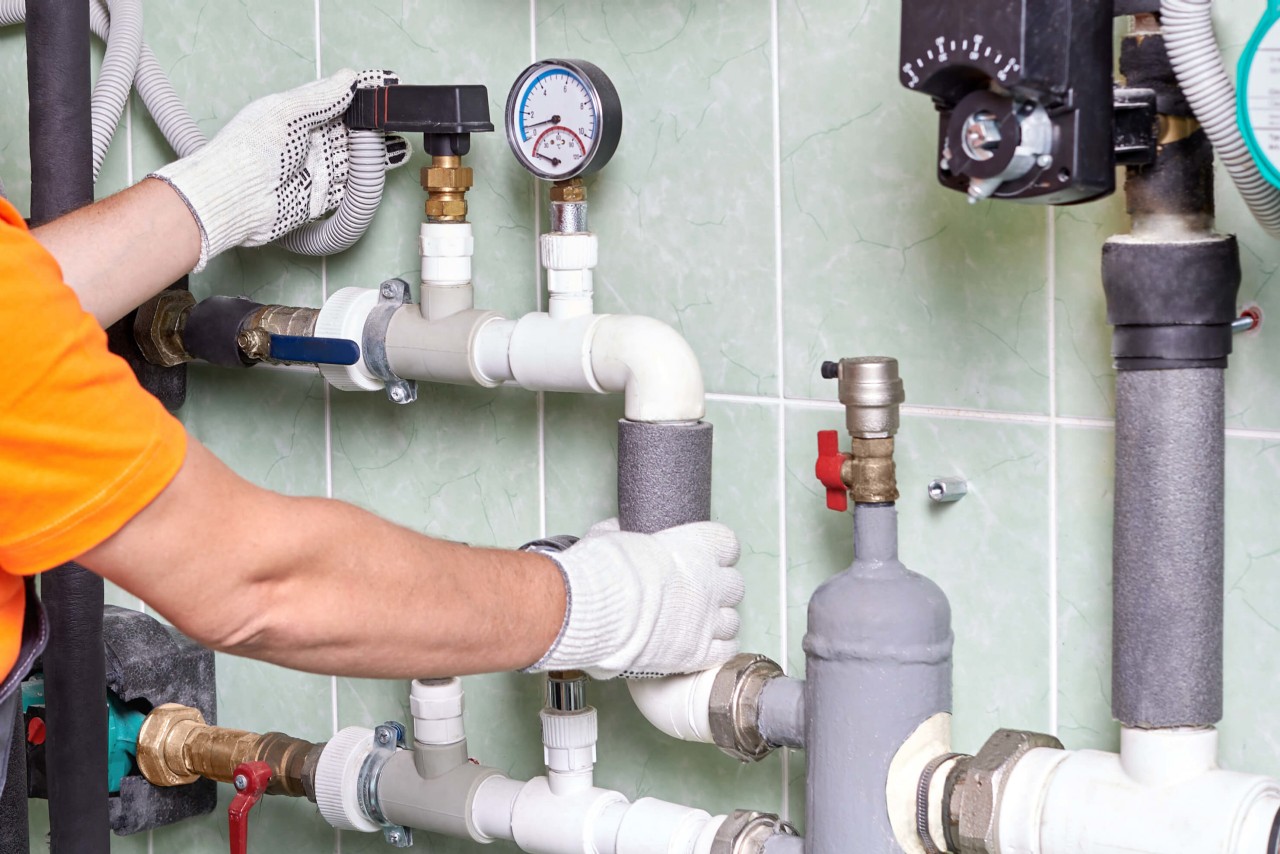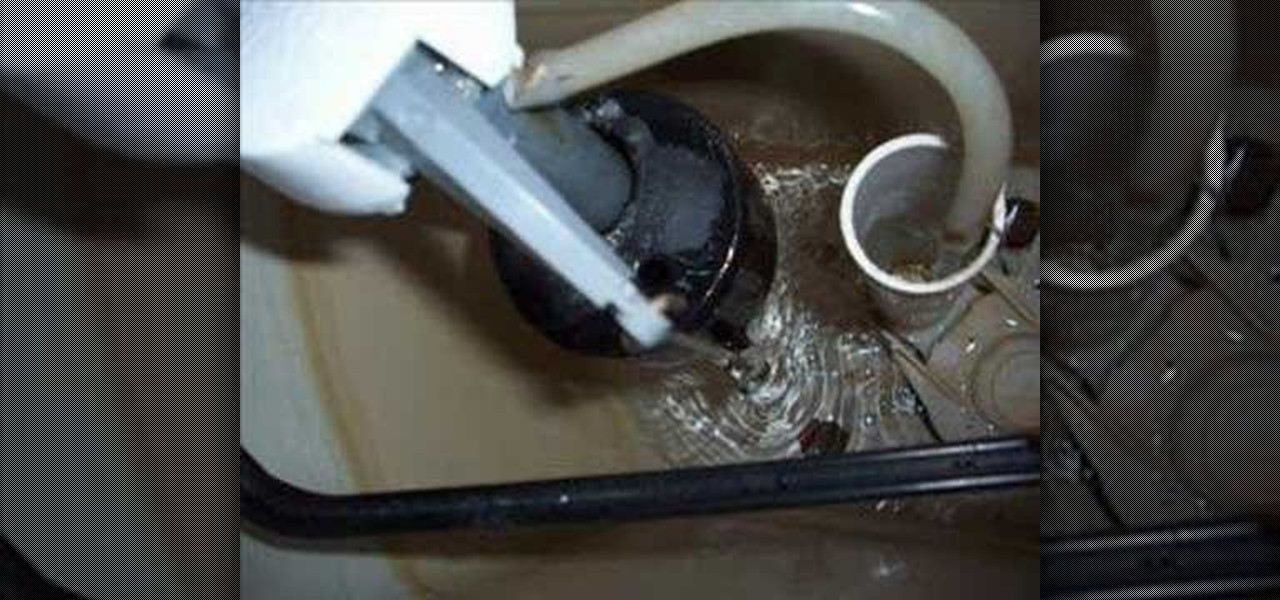Looking for about gas line leak detection or learn about gas line leak detection or discuss about gas line leak detection or share about gas line leak detection or ask about gas line leak detection.
Gas line leak detection is a crucial process for ensuring safety in homes, businesses, and industrial settings. Detecting gas leaks promptly helps prevent accidents, property damage, and potential health risks associated with gas leaks, such as suffocation or fires.
Gas leaks can happen due to various reasons, such as faulty installations, damaged pipelines, aging systems, or natural disasters. Regardless of the cause, if left undetected, gas leaks can lead to disastrous consequences.
Timely detection of gas leaks is vital as it allows technicians to address the issue promptly and minimize potential hazards. Several key reasons highlight the importance of gas line leak detection:
Several methods are employed for gas line leak detection, including:
Gas line leak detection plays a crucial role in ensuring the safety of individuals and protecting property. By employing various detection methods, gas leaks can be promptly detected and addressed, preventing potential accidents and financial losses. Regular maintenance, inspection, and awareness of the signs of gas leaks are key to ensuring a safe environment.
Gas line leak detection is a crucial aspect of maintaining safety in any residential or commercial property. Gas leaks can be hazardous, leading to fire, explosions, environmental damage, and health risks. Therefore, it is essential to understand the importance of timely detection, the methods employed, and the common signs indicating a gas line leak.
Gas leaks are a serious concern and can pose significant dangers to both people and property. Here are some key reasons why gas line leak detection is of utmost importance:
Several methods are used for detecting gas line leaks, each with its own advantages and limitations. Here are some common methods employed:
It is vital to recognize the signs of a gas line leak to take prompt action. Look out for the following common indications:
Remember, if you suspect a gas line leak, always prioritize your safety and evacuate the area immediately. Contact your gas provider or emergency services for assistance.
Regular gas line inspection by professionals can help prevent potential leaks. Timely detection and maintenance ensure the safety and well-being of everyone.

Common Electrical Ignition System Faults in Appliances The electrical ignition system in household appliances is a critical component responsible for

Gas leak emergency steps Gas leaks can be dangerous and even deadly. If you suspect a gas leak, it is important to take action immediately. Here are

Dealing with a Leaking Toilet Tank: A Comprehensive Guide A leaking toilet tank can be a persistent and bothersome issue that not only wastes water b

The Audi A4 is a popular luxury car that is known for its performance and reliability. However, like all vehicles, it can experience problems, one of
Looking for IS sedan oil maintenance specifics? Get the essential information and guidelines for keeping your IS sedan's oil in optimal condition.
Friday, December 22, 2023 Lexus / IS sedan oil maintenance specifics Answered: 2 189
189Jacob asked.
Learn how to reset the drum on your Samsung washer to troubleshoot spinning or unbalanced load issues. Follow these easy steps to solve the problem quickly.
Thursday, June 6, 2024 / Samsung washer drum reset Answered: 0 248
248Nancy asked.
What are some common causes of hydraulic problems on a Deutz 06, and how can these issues be resolved?
Thursday, May 11, 2023 Deutz / 06 Answered: 6 210
210Ieuan LA13 asked.
Having hydraulic issues with your Valtra T172? Find out effective solutions to fix hydraulic failures in our comprehensive guide.
Friday, December 22, 2023 Valtra / Addressing hydraulic failures in Valtra T172 Answered: 3 156
156Antony asked.
Regularly inspecting the color and smell of your automatic transmission fluid is crucial to detecting issues early. Unusual findings could indicate potential transmission problems that need immediate attention.
Sunday, March 10, 2024 / inspecting automatic transmission fluid color and Answered: 2 133
133Dakota Parker asked.
Get expert assistance for troubleshooting and resolving hydraulic problems in your Renault Temis promptly. Find reliable solutions for your vehicle's hydraulic issues here.
Tuesday, January 2, 2024 Renault / Fixing hydraulic issues in Renault Temis Answered: 2 142
142Blake Taylor asked.
Learn how to maintain and repair your Kubota L345 hydraulic system effectively. Find expert tips and step-by-step guides to keep it running smoothly.
Wednesday, December 20, 2023 Kubota / Kubota L345 hydraulic fluid maintenance and repair Answered: 3 166
166Skylar Adams asked.
Looking to fix hydraulic issues in your Renault Temis? Find helpful tips and solutions to resolve hydraulic problems for optimal performance.
Sunday, December 24, 2023 Renault / Fixing hydraulic issues in Renault Temis Answered: 3 155
155BENJAMIN-PA asked.
How do I differentiate between different types of hydraulic problems on a Zetor 16245, and what are the appropriate solutions for each?
Thursday, May 11, 2023 Zetor / 16245 Answered: 3 229
229Betty asked.
Learn what can lead to head gasket failure, including overheating, coolant leaks, engine misfires, or improper installation.
Wednesday, December 20, 2023 Nissan / Head gasket failure Answered: 2 165
165Quinn Taylor asked.
This page has been viewed a total of 62 times
tepte.com: Your Questions and Answers Resource with a Wealth of General Knowledge
Are you seeking a one-stop destination for comprehensive knowledge and answers to your burning questions? Look no further than tepte.com! Our platform is your go-to source for a wide range of information, all conveniently presented in an easily accessible question and answer format.
At tepte.com, we pride ourselves on being your reliable knowledge hub. Whether you're curious about technology, science, history, or any other subject under the sun, our extensive General Knowledge (GK) knowledge base has you covered. We've made it our mission to provide you with in-depth insights and facts on an array of topics. Read more